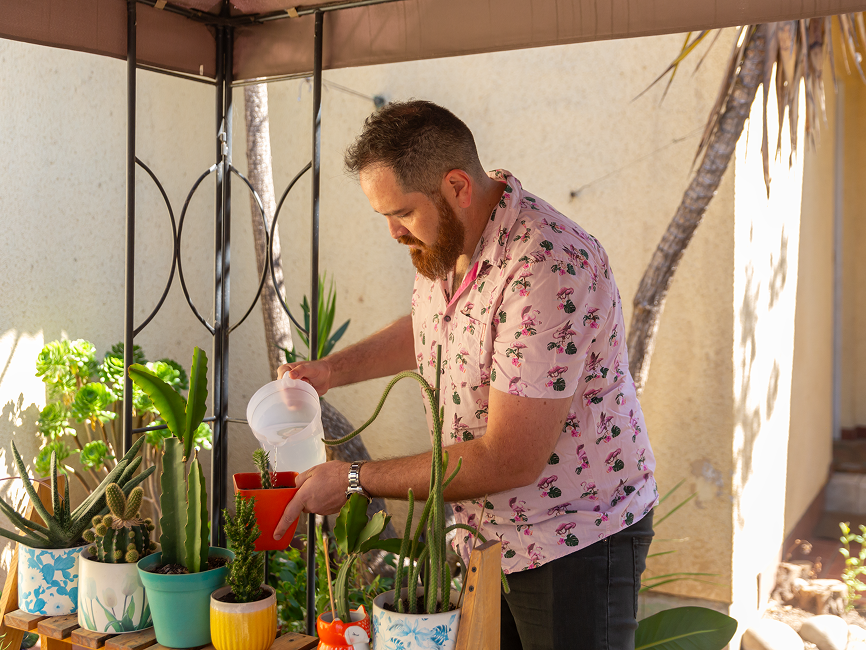Sticking to a weight management programme is not just about food – you also need to pay attention to your well-being.
It is important to try and get sufficient sleep – although that’s easier said than done during a celebratory period! You are more likely to snack when you are feeling tired or stressed. If possible, take time out during the day to gather your thoughts. Find a quiet place and try and ‘switch off’ for a few minutes or relax in a warm bath.
If you are feeling stressed, try breathing exercises or practice mindfulness (focusing your attention on the moment) – there are many different apps that show you how to perform these techniques.
Stay as active as possible. Try to get out in the fresh air if possible – you may want to encourage your friends and family to join you for walks!
If you are feeling overwhelmed or finding it hard to cope, talk to your doctor about seeking specialist support.






